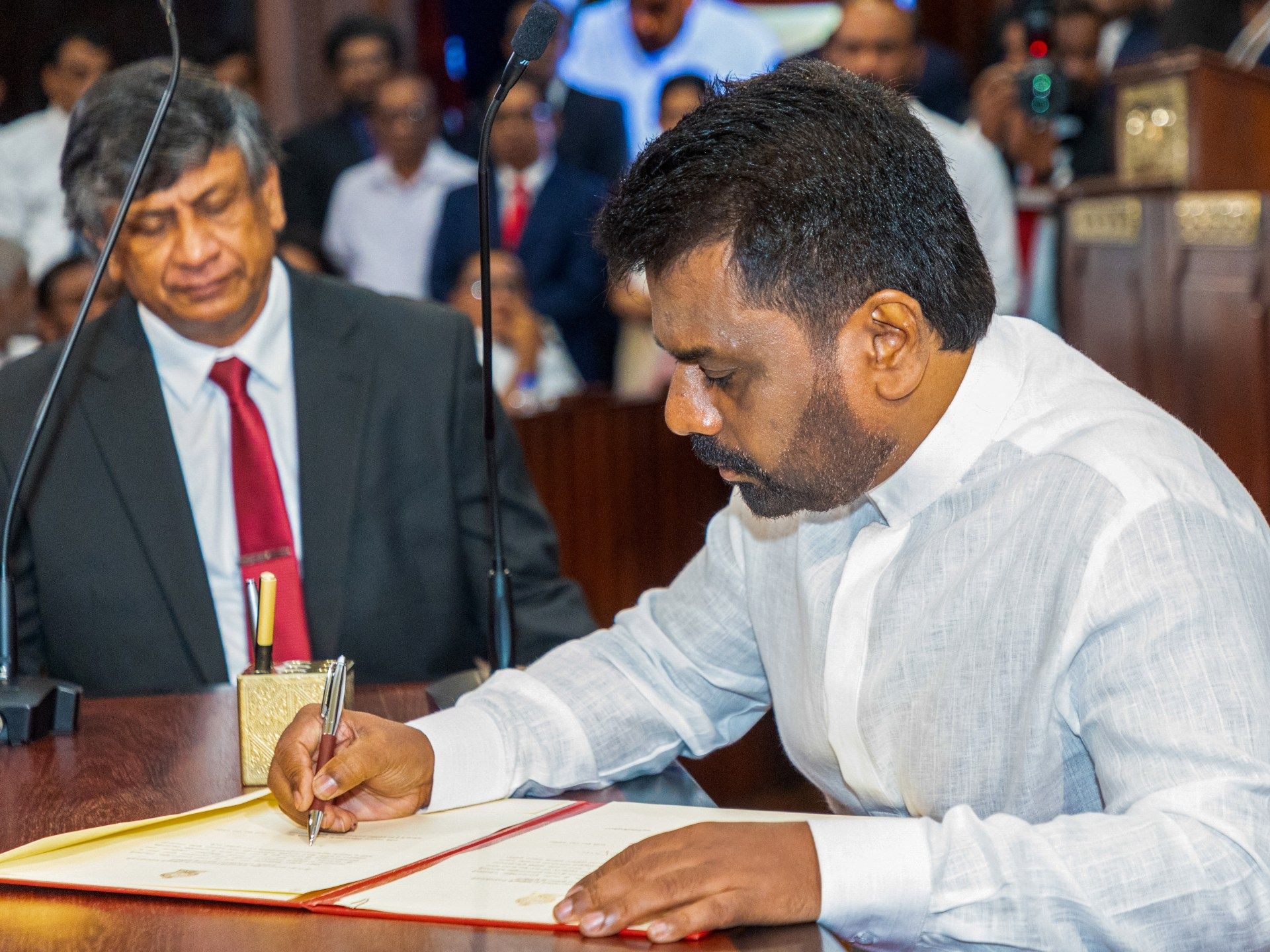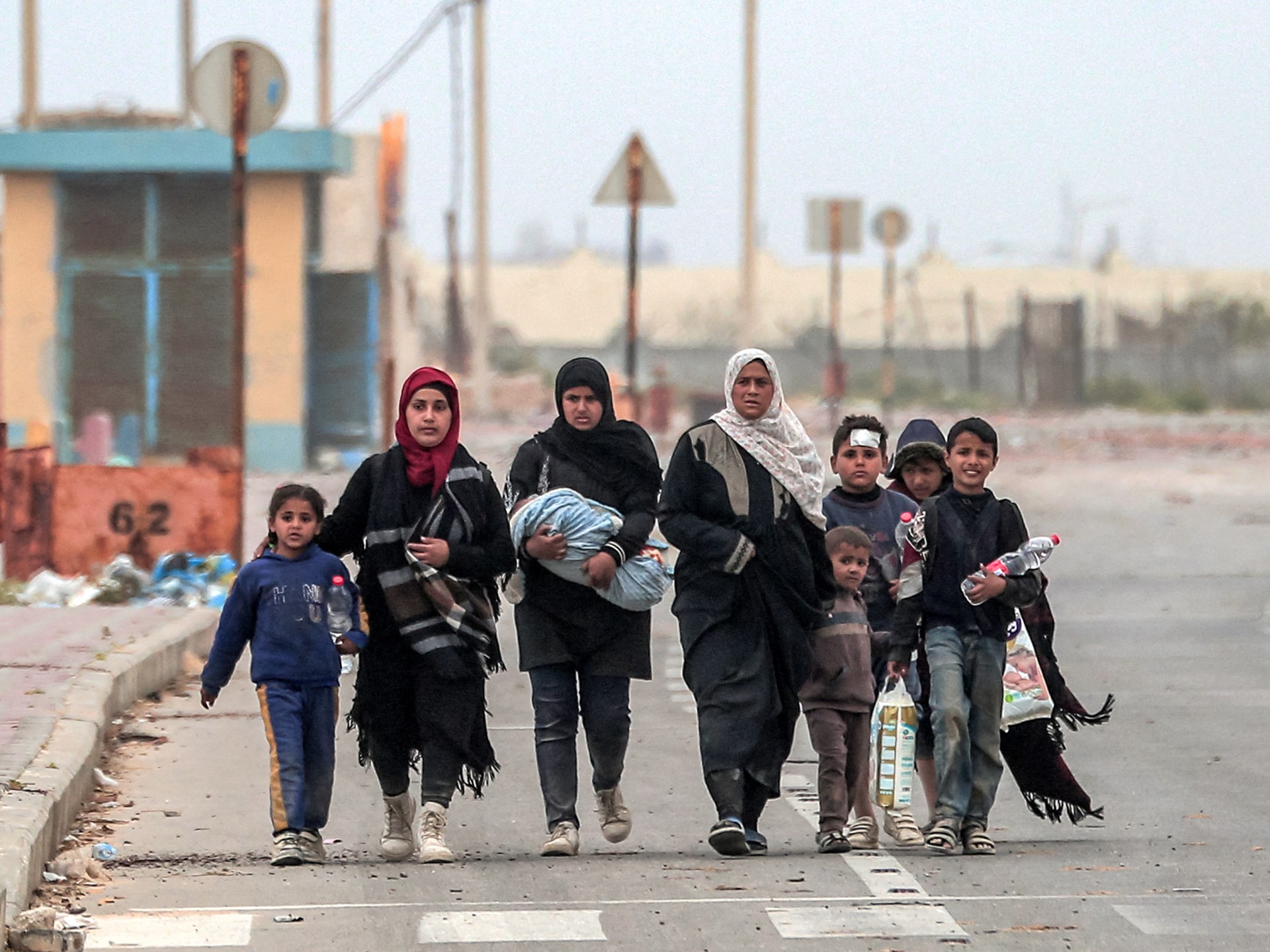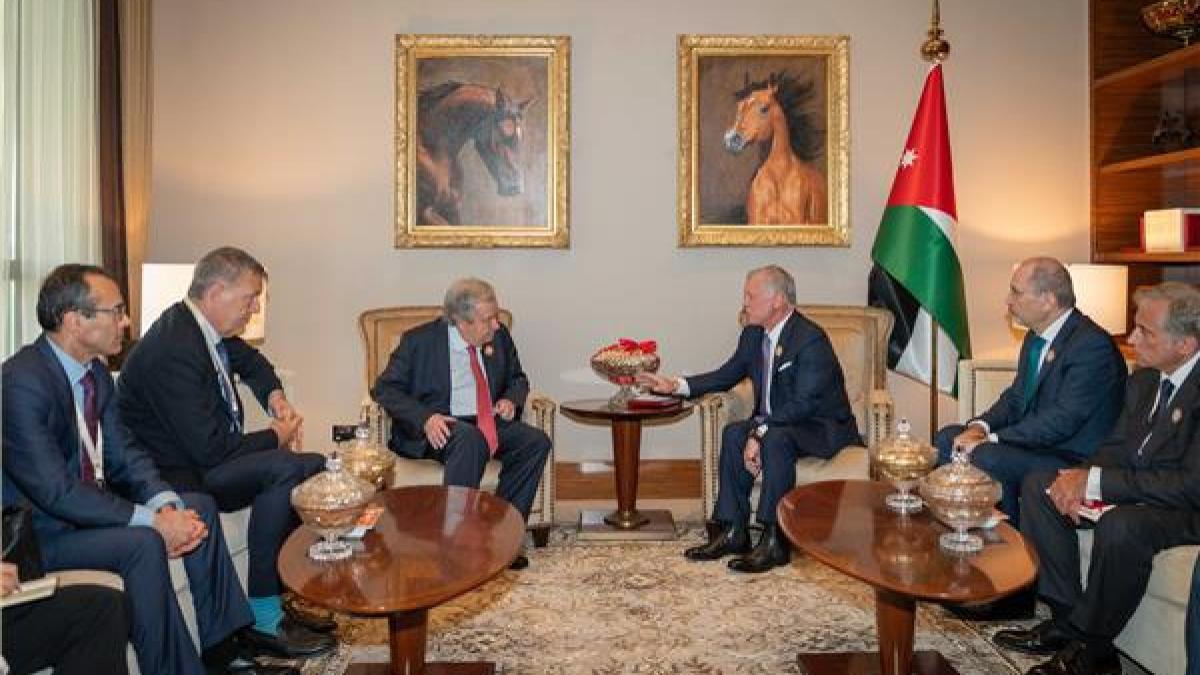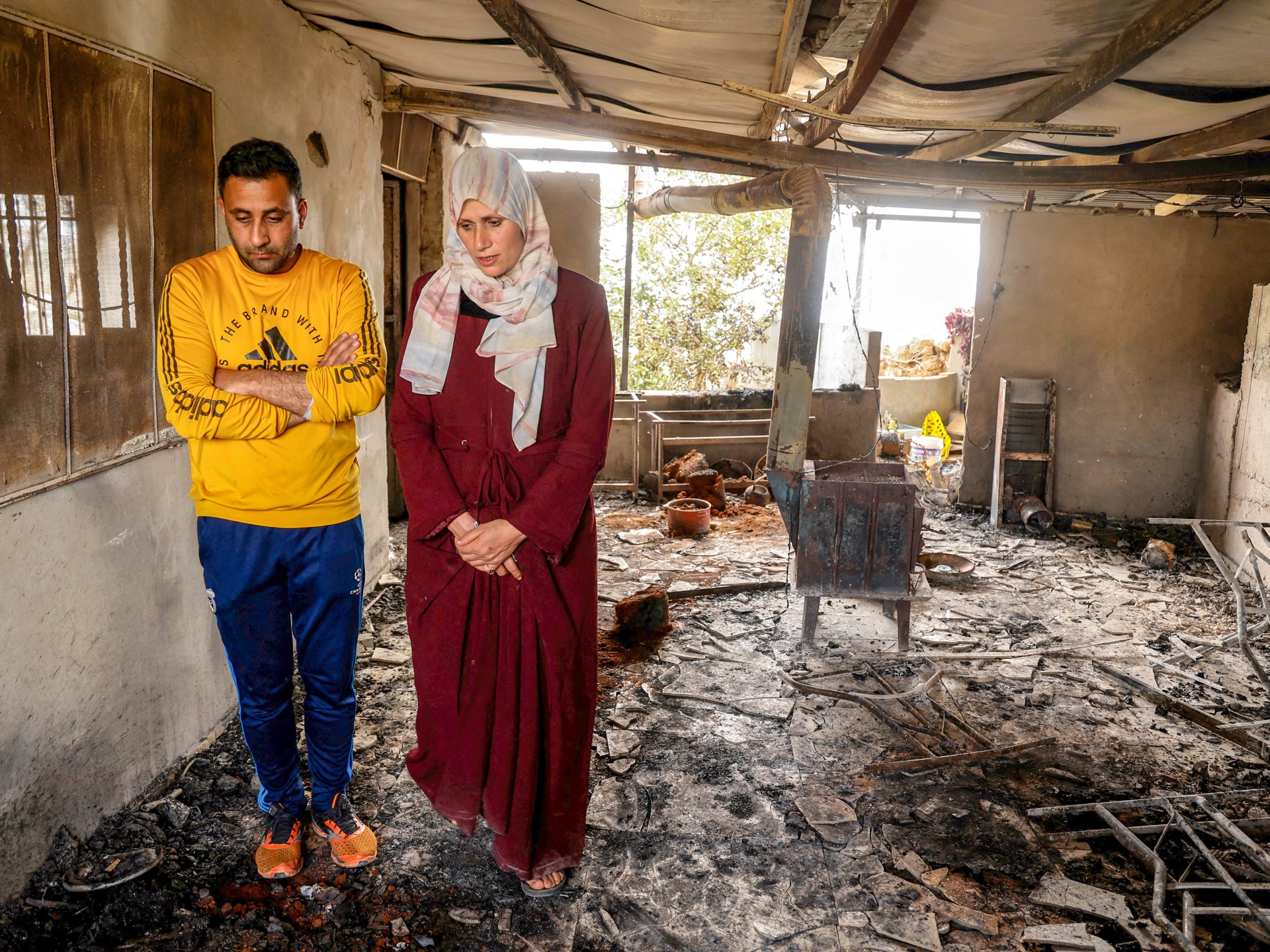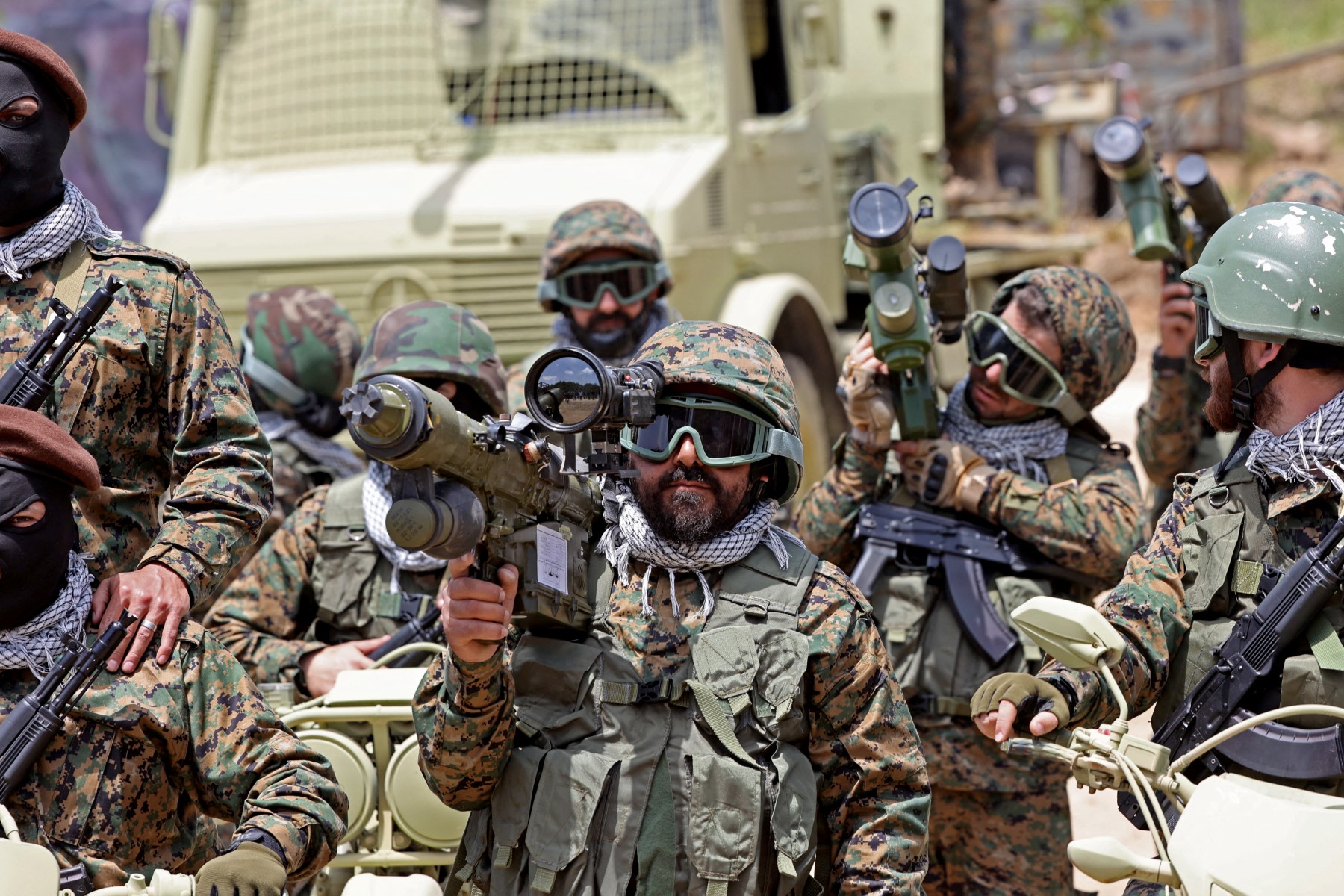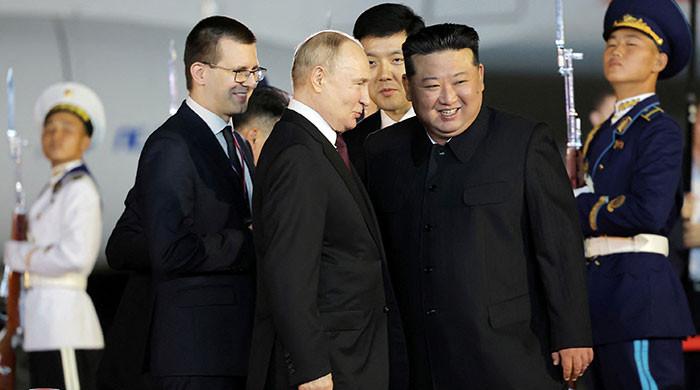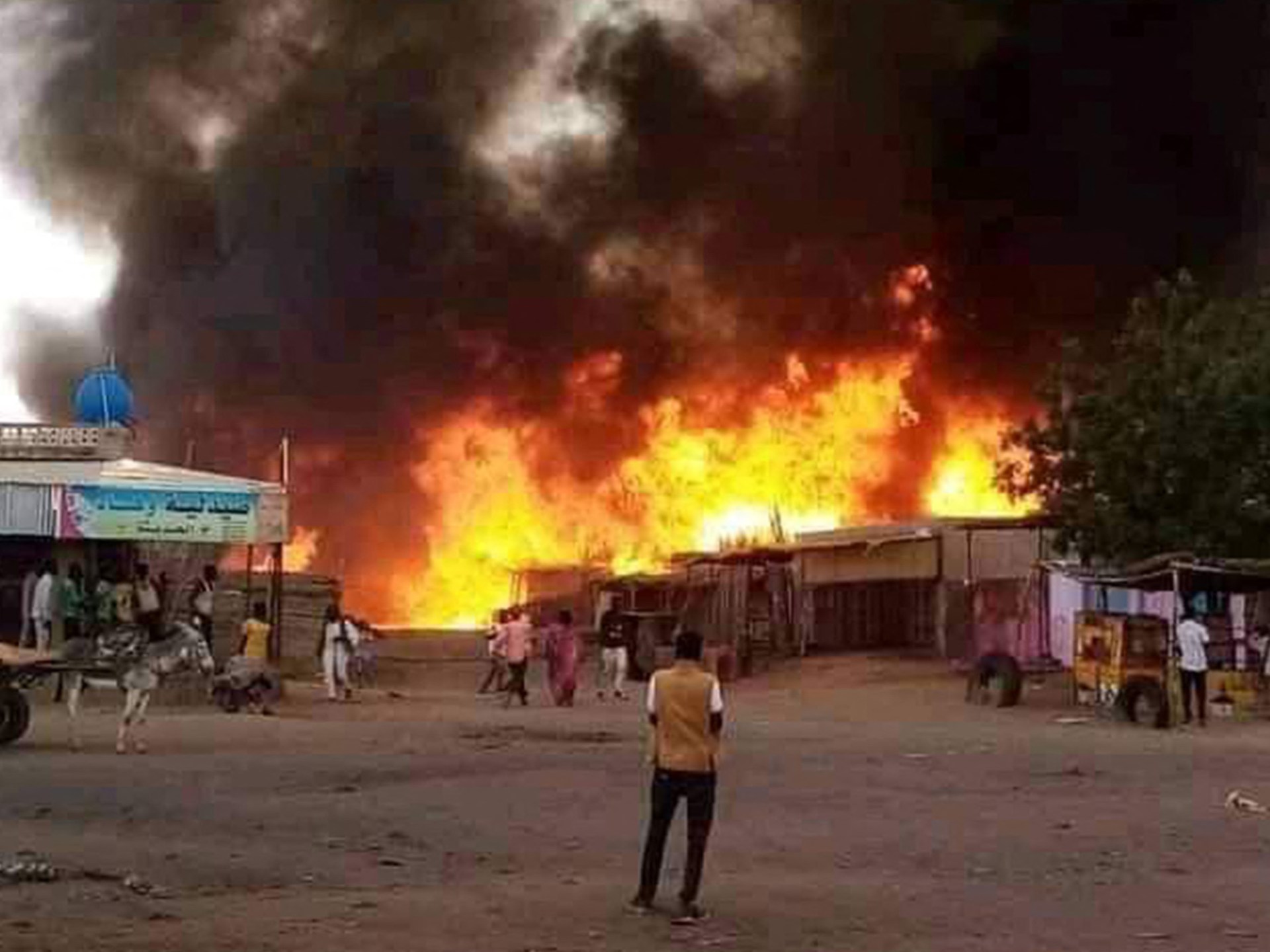Anura Kumara Dissanayake, a Marxist, assumed office as Sri Lanka's president shortly after winning the country's elections.
Dissanayake, who was sworn in on Monday after winning Saturday's election, inherited the top job in a nation battered by austerity measures imposed as part of a bailout deal with the International Monetary Fund (IMF).
These austerity measures (increases in income taxes and electricity prices) were introduced during the term of outgoing President Ranil Wickremesinghe.
Wickremesinghe took over as leader after his predecessor Gotabaya Rajapaksa was ousted in 2022 following the country's economic collapse and amid mass public protests of which Dissanayake and his political party, Janatha Vimukthi Peramuna (JVP), were part.
In his inaugural address, Dissanayake promised a “cleaner” politics. “People have asked for a different political culture,” he said.
“I am willing to commit to that change.”
Here's what's next for Sri Lanka under Dissanayake.
Who is the new president of Sri Lanka?
Dissanayake, 55, won the presidency with 55.8 percent of the vote in the second round. His closest rival, Sajith Premadasa, got the remaining 44.2 percent of the vote. In the first round, Dissanayake fell short of the 50 percent needed for victory, but finished in first place with 42.3 percent support.
Two days later, he was sworn in at the Presidential Secretariat building in Colombo.
His party is part of the People's National Power (PNP) alliance, which he heads. The JVP led insurrections against the state in the 1970s and 1980s.
Dissanayake was first elected to Parliament in 2000. The JVP has never come close to power in the past, and Dissanayake won just 3 percent of the vote in the 2019 presidential election.
However, Dissanayake played an active role in the 2022 protests against the Rajapaksa government, known as Aragalaya (Sinhala for “struggle”). Since then, his popularity has increased.
His presidential campaign was based on a promise to fight corruption.
Dissanayake has also criticised Wickremesinghe's $2.9 billion bailout deal with the IMF.
Now in power, he faces questions about how he can address the island nation's economic challenges at a time when it is deeply fractured.
What will Dissanayake do about the IMF deal?
During the campaign, the NPP argued that the current terms of the IMF programme are not favourable to the poor and disadvantaged working classes, Rajni Gamage, a researcher at the Institute of South Asian Studies at the National University of Singapore, told Al Jazeera.
The cuts in social welfare schemes and tax increases made by the Wickremesinghe government as a result of the IMF deal have hit the economically weaker sections of society the hardest.
“They [the NPP] “I feel that the agreement has been quite unfair and that it favors the richest sectors more,” said Gamage.
Dissanayake said he would renegotiate the IMF bailout plan to make austerity measures more bearable.
But he and his party have made clear they have no intention of scrapping the deal and will only seek adjustments. Dissanayake has not detailed which provisions of the IMF pact he might renegotiate.
Overall, however, Dissanayake’s party envisions a “protectionist local economy,” prioritizing “local industrialization, domestic production and favoring small and medium-sized enterprises,” Gamage said.
He explained that while the final objectives of the IMF program cannot be changed, “what is possible is to negotiate where the income comes from and where the expenses are made.”
The bailout was secured in March 2023 and the agreement is for four years.
Wickremesinghe warned that altering the basic terms of the IMF agreement could delay the disbursement of a quarter of the loan.
Sri Lankan dollar bonds fell 3 cents on Monday amid concerns among investors about any clash between the new government and the IMF if Dissanayake tries to revise the bailout terms.
What does Dissanayake need to implement his political plans?
Sri Lanka has a system known as executive presidency, much like that of the United States or France. In effect, this means that the president is both head of state and head of government.
While as president, Dissanayake will have the power to issue executive orders, he will need the support of parliament to pass laws.
And that is where he faces his next political challenge. In the current parliament:
- The right-wing Sri Lanka Podujana Peramuna (SLPP) party, also known as the Rajapaksa family's Sri Lanka People's Front, holds a majority with 145 of the 225 seats.
- The Samagi Jana Balawegaya (SJB) of main opposition leader Premadasa has 54 seats.
- The Illankai Tamil Arasu Kachchi (ITAK), the largest Tamil party, has 10 seats.
- Dissanayake's NPP has only three seats.
- Other smaller parties hold the remaining 13 seats.
So how will Dissanayake govern?
The new president had already made it clear during the election campaign that he would dissolve the current parliament and call for new elections. Without new elections, the current parliament could function until 20 August 2025.
Dissanayake’s argument for dissolving parliament is simple: the current composition of parliament, elected in 2020, no longer represents the public will after the 2022 protests that showed the Rajapaksa family’s SLPP in particular had lost broad support.
Sri Lanka's constitution requires early elections to be held within three months of the dissolution of parliament.
What might Sri Lanka's next parliament look like?
Opinion polls in August indicated that the race would be close if parliamentary elections were held on that date. The SJB and NPP were tied with 29% and 28% respectively, according to a poll last month by the Health Policy Institute. The SLPP had 19%.
If parliamentary elections yield that result, Sri Lanka could have what is known as a cohabitation government, in which the president and prime minister belong to two different political parties.
Given Sri Lanka’s economic precariousness, a cohabitation government “does not bode well as more consensus and ideological coherence is needed to make policies consistent,” Gamage said.
He added that a parliament composed of a majority of opposition members could pose a challenge to Dissanayake.
“Especially because the NPP campaign was based on an ‘us versus them’ narrative. This makes it very difficult for them to say, ‘Let’s work together.’”
What does Dissanayake's presidency mean for Sri Lankan Tamils?
Although he won the election, Dissanayake failed to win the votes of many Tamils, who make up 12 percent of the population of 22 million and are the country's largest ethnic minority.
All the leading candidates in the race were Sinhalese.
Opposition leader Premadasa won 40 percent of the cumulative vote in Tamil-majority areas of the country. He has sought to appeal to Tamil voters even though his father, former president Ranasinghe Premadasa, was assassinated by a Tamil separatist group, the Liberation Tigers of Tamil Eelam, in 1993. The ITAK backed Premadasa in the election.
Dissanayake, for his part, said he had no regrets about supporting the Rajapaksa government's war against the Tamil Tigers. The civil war was quelled in 2009 under President Mahinda Rajapaksa after 26 years.
Still, Dissanayake called for unity in his inaugural address.
“There are things I know and things I don’t know, but I will seek the best advice and do the best I can. For that, I need everyone’s support,” he said.
Tamil leaders have expressed optimism that Dissanayake will stay away from sectarian politics.
Congratulations @anuradisanayake for a stunning victory, achieved without resorting to racial or religious chauvinism. Our thanks to the Tamil people of the north and east who voted for @sajithpremadasa Reject others in #ITAK He advised and showed the difference in the electoral map.
– MA Sumanthiran (@MASumanthiran) September 22, 2024

